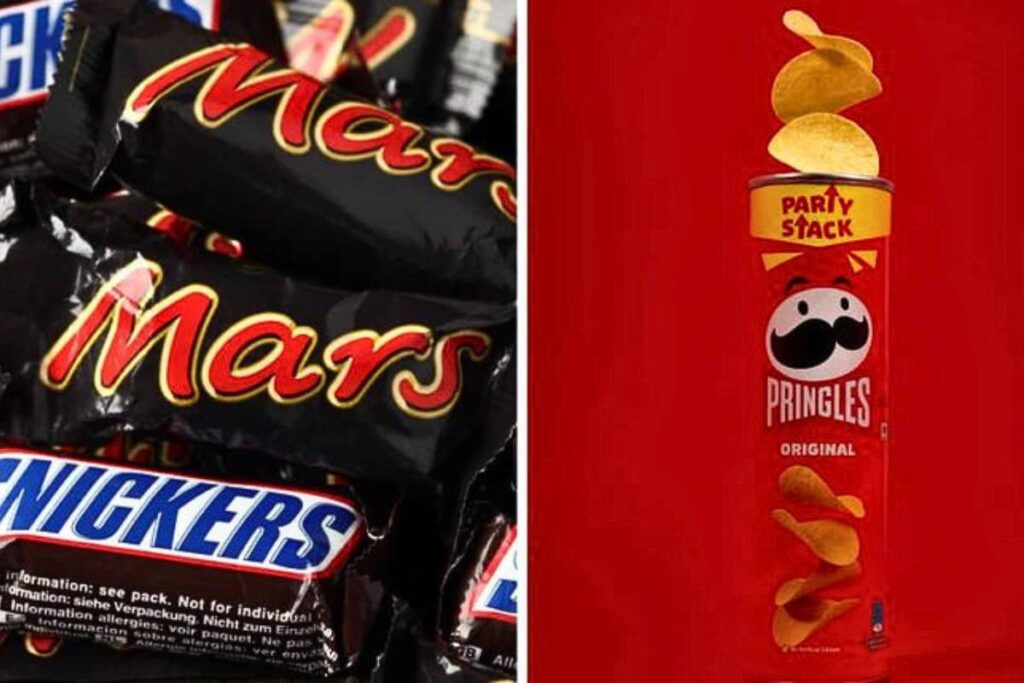Mars is set to acquire Kellanova in a record-breaking $35.9 billion deal, which will completely change the global snack industry. Recognized for popular brands like M&Ms and Snickers, Mars is diversifying its product line by including Kellanova’s diverse range of snack products.
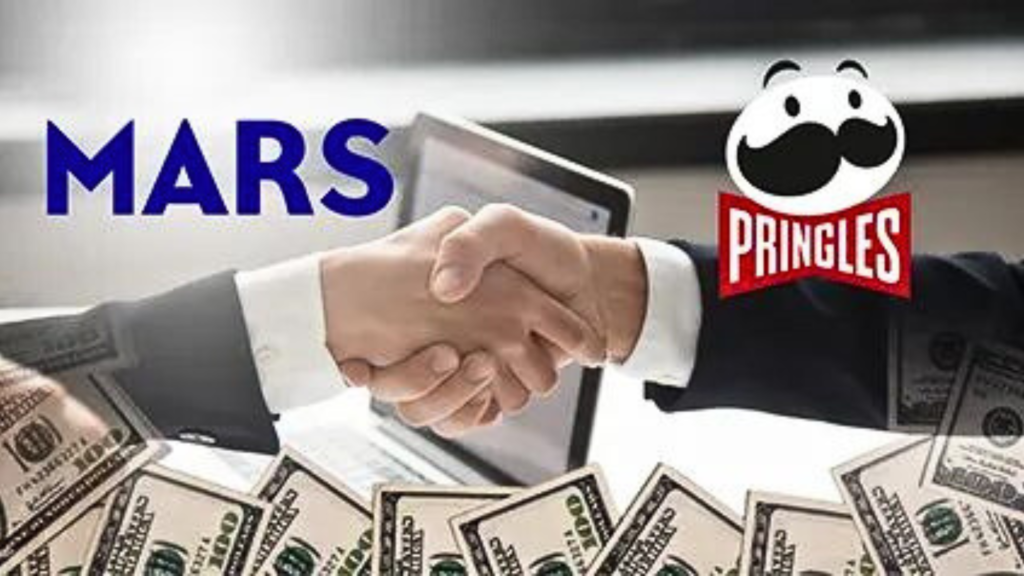
This acquisition puts Mars in a position to increasingly dominate the market as inflation influences consumer choices. The transaction not only demonstrates Mars’ strategic expansion but also the growing level of industry consolidation in the snack industry.
What Is Kellanova Known For?
Kellanova is renowned for its portfolio of popular snack brands like Pringles, Cheez-It, and Pop-Tarts. These products have a strong consumer following and are commonly found in homes all around the world. Kellanova’s focus on innovation and quality has made it a major player in the snack industry.
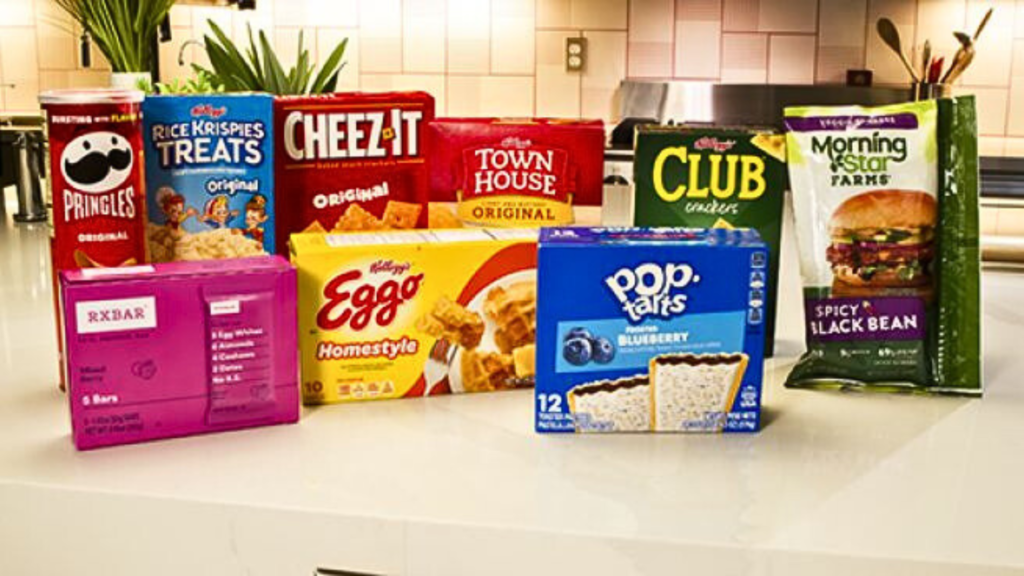
The company’s strength lies in its ability to create products that resonate with consumers, making it a desirable acquisition target for Mars as it seeks to expand its product line.
Who Bought Kellanova?
Mars, a global leader in confectionery and pet care, is the company behind the acquisition of Kellanova. Known for its extensive brand portfolio, Mars is making a significant move by buying Kellanova for $36 billion. This acquisition reflects Mars’ strategy to broaden its product line and strengthen its position in the global snack industry.
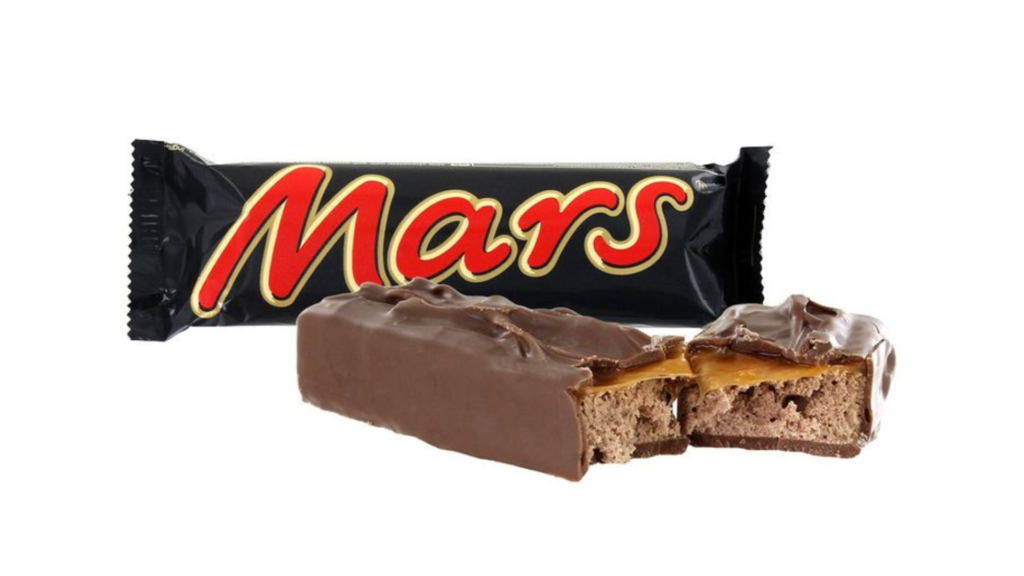
CEO Poul Weihrauch highlights opportunities in China and Africa, where Mars and Kellanova’s strengths can complement each other for future growth. Now that it owns Kellanova’s popular brands, Mars aims to increase its market share and respond to changing consumer needs.
ALSO READ: JCPenney Shuts Down: Implications for the Future of Retail
Mars’ Acquisition of Kellanova
Kellanova is a spinoff company of Kellogg, and Mars will pay $83.50 per share in cash for the Eggo Waffles and Pringles maker. Major brands like Pringles and Cheez-Its will be added to Mars’ snacking division as a result of the acquisition. Kellanova’s net sales exceeded $13 billion in the previous year; the company separated from Kellogg in 2023.
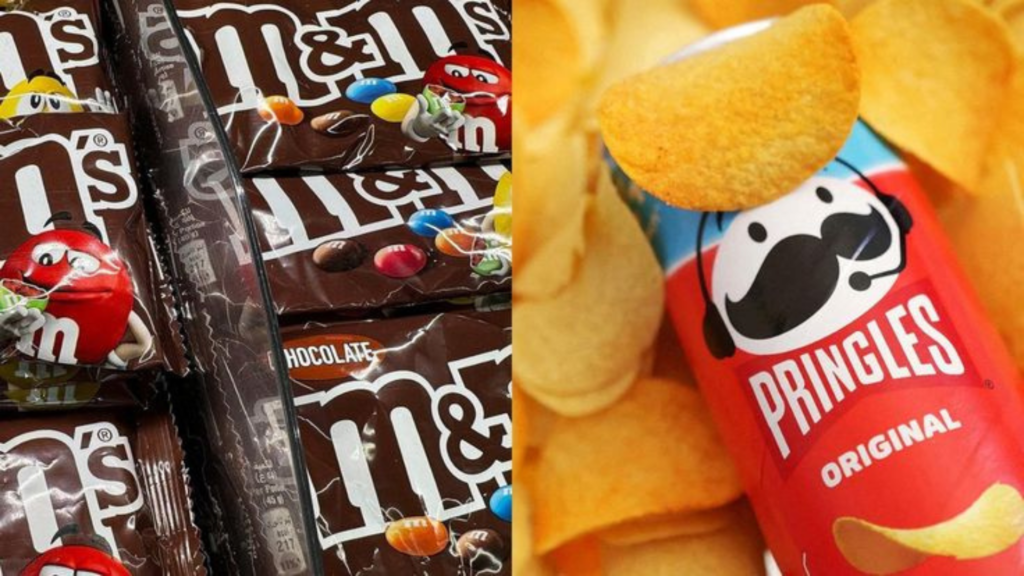
This strategic move comes after Kellogg’s division into two companies: its snacking and plant-based brands under Kellanova and its cereal segment trading under WK Kellogg Co.
Kellanova Shares Surge Amid Mars Acquisition
Premarket trading saw a 7.9% increase in Kellanova shares as the industry struggled with dwindling volumes and a weaker global consumer, coinciding with Mars’ acquisition announcements. Notwithstanding these difficulties, Kellanova has outperformed competitors, increasing its full-year guidance due to robust revenue growth and successful product launches.
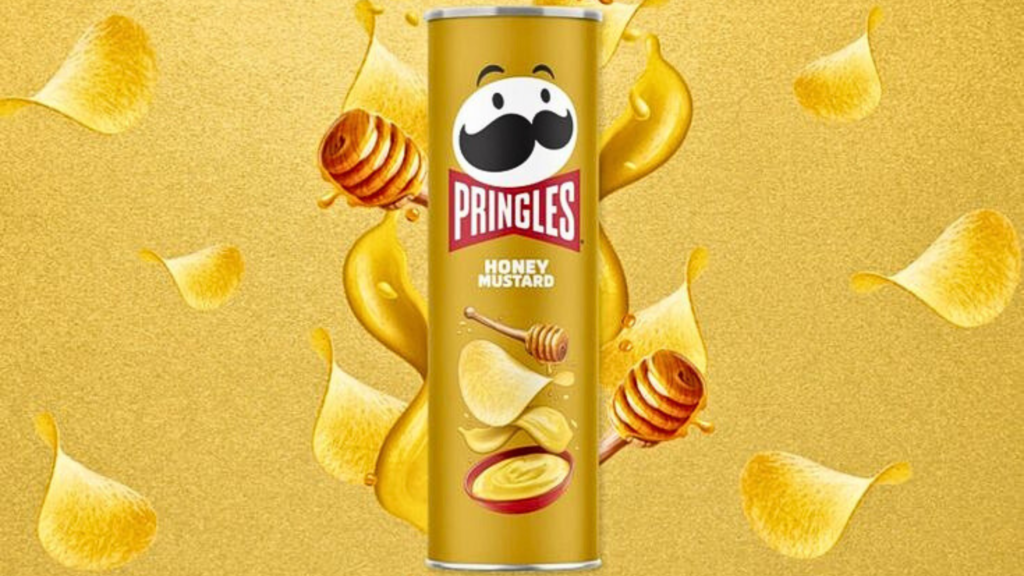
Analysts anticipate that Mars’ acquisition of Kellanova will not raise too many antitrust issues because there is little product overlap, strengthening its global footprint and expanding its product line beyond chocolate.
What Brands Does Mars Own?
Mars owns an extensive selection of well-known brands across various categories. In the confectionery industry, it is famous for products like Twix, Snickers, and M&Ms. Mars has a significant presence in the pet care industry with brands like Pedigree and Whiskas.
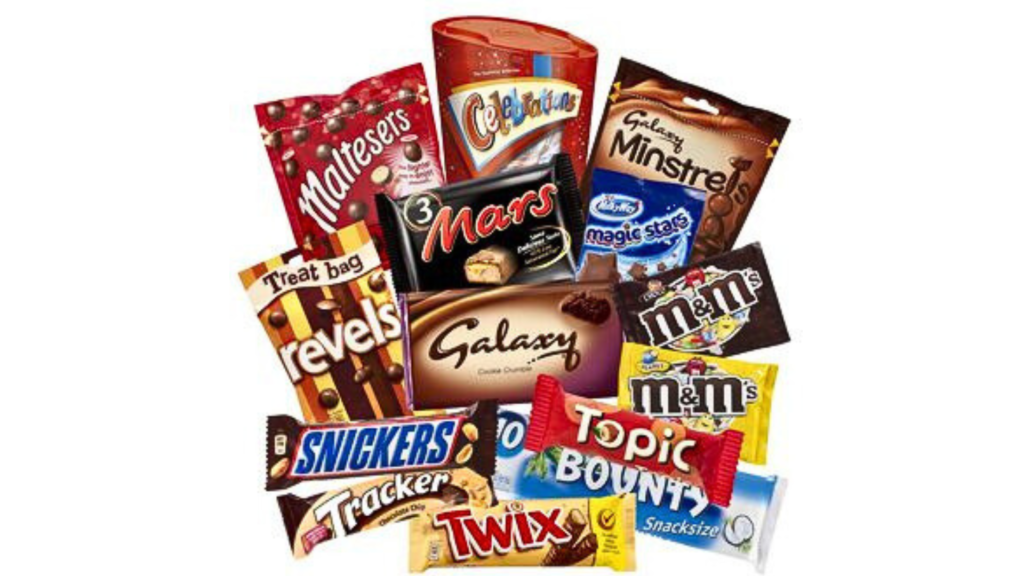
With its acquisition of Kellanova, Mars’ portfolio is expanded to include well-known snack brands like Pringles and Cheez-It, strengthening its standing as a market leader in both the snack and broader consumer goods industries.
Who Is the Largest Shareholder of Mars?
Mars is a privately held company that doesn’t have public shareholders like many other corporations. Instead, the Mars family owns the company, making them the largest shareholders. This family ownership structure has allowed Mars to maintain a long-term strategic vision without the pressures of public market performance.
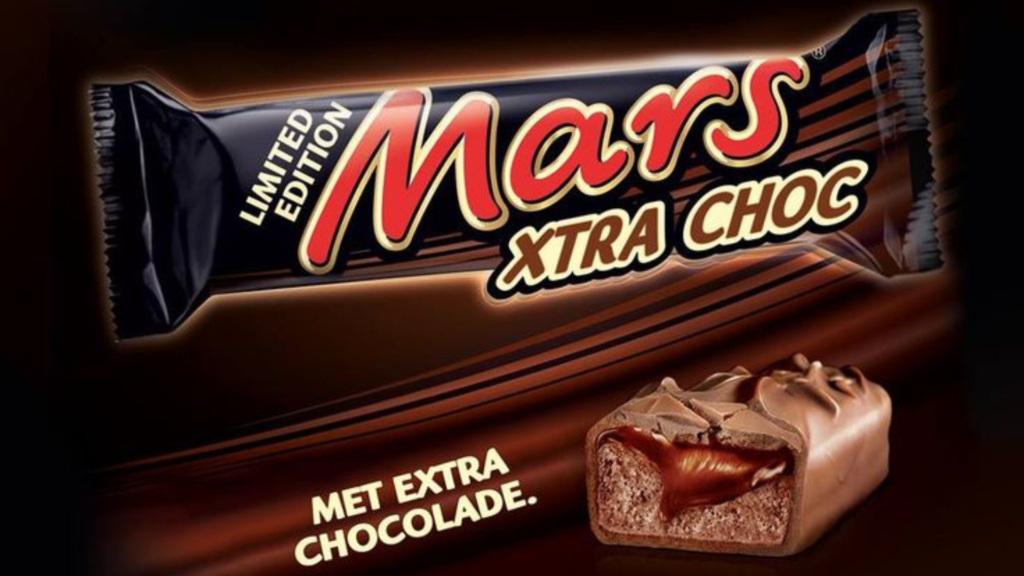
The Mars family’s dedication to growing their corporate empire and ensuring the company’s survival in a competitive sector is further cemented by their acquisition of Kellanova.
Mars Acquisition Adds Healthier Brands to Growing Snacking Portfolio
The addition of RXBar and Nutri-Grain to Mars’ portfolio of healthy snack options and Kind bars will be made possible by the company’s acquisition of Kellanova.
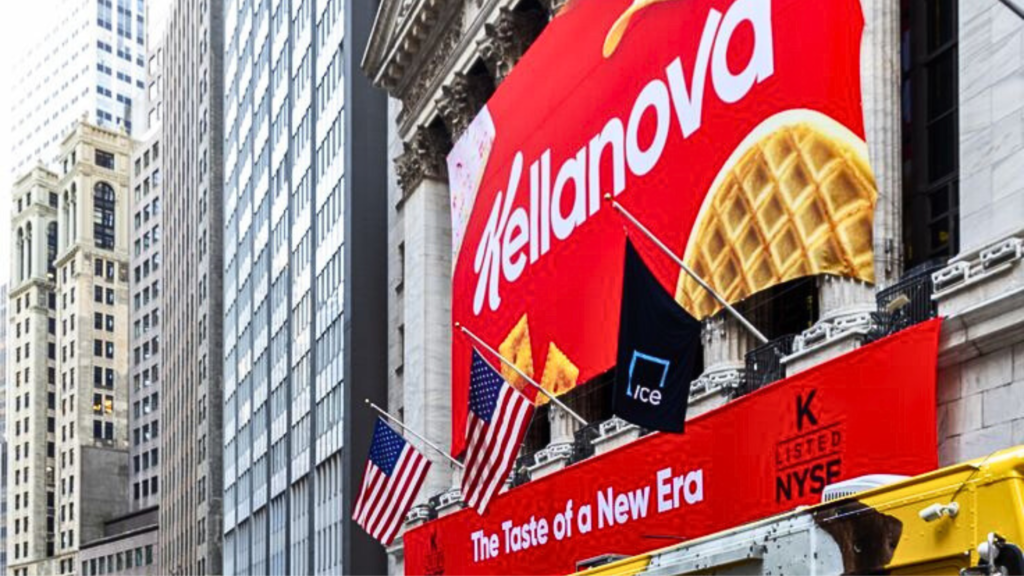
The transaction, anticipated to be finalized in the first half of 2025, resulted from pressure from Benjamin Pass’s activist fund, Toms Capital Investment Management, which asked Kellanova to consider making strategic changes. This acquisition marks a significant expansion in Mars’ global snacking business.
How Does the Deal Benefit Mars?
The acquisition of Kellanova offers Mars several strategic benefits. First, it allows Mars to diversify its product offerings by adding Kellanova’s popular snack brands to its portfolio. Second, the acquisition gives Mars a more decisive competitive edge in the worldwide snack market, allowing it to capitalize on changing consumer preferences.
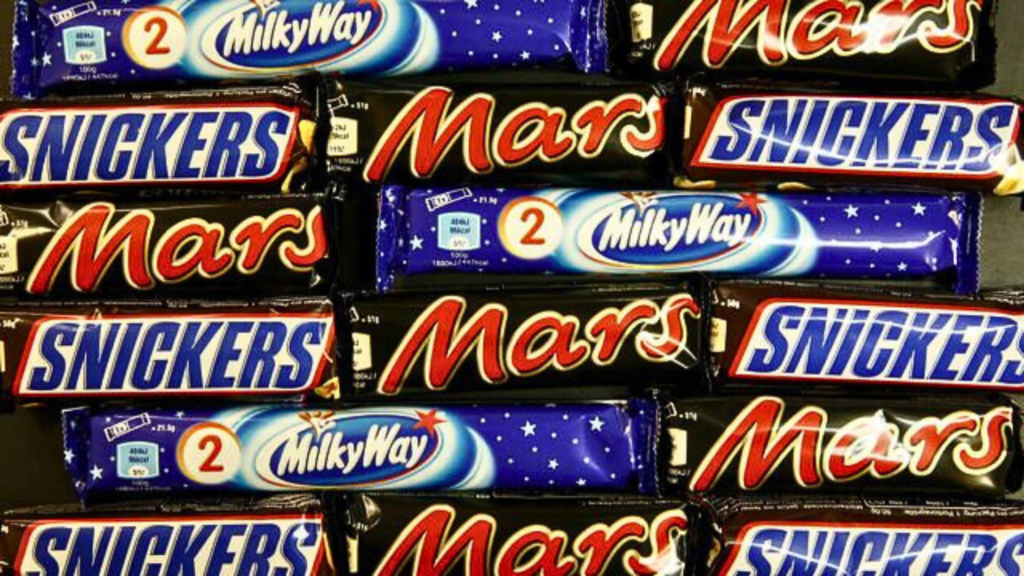
Additionally, the acquisition gives Mars a broader geographic reach, enabling the company to penetrate new markets and spur revenue development.
ALSO READ: Warren Buffett Makes a Curious Move With His Apple Stock Holding
How Does the Deal Impact Consumers?
With the Mars-Kellanova deal, consumers may access a greater range of snack options under a single brand. Adding Kellanova’s brands to Mars’ lineup could result in lower prices and a more comprehensive range of products.
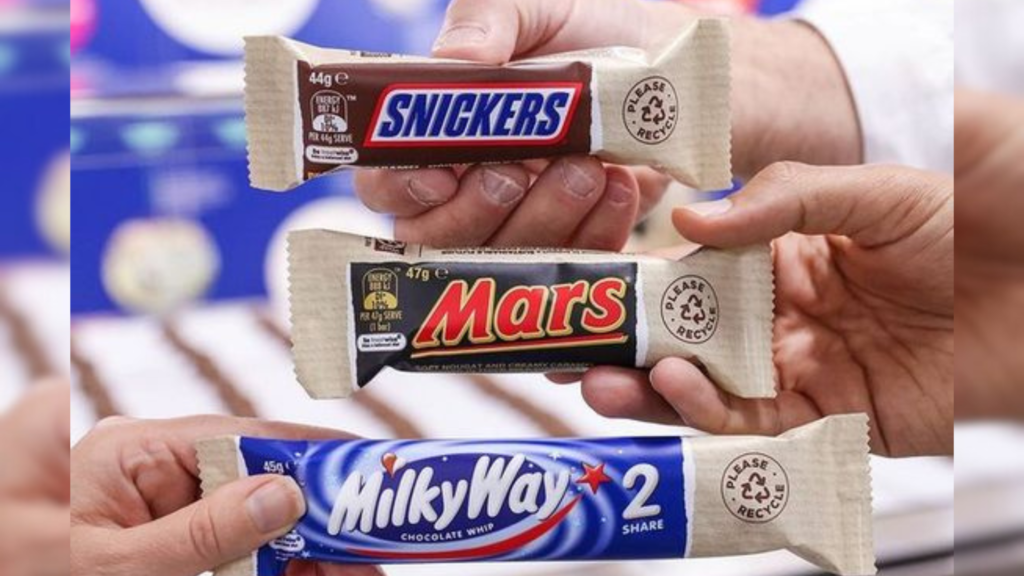
However, there are worries about reduced competition and the possibility of price hikes as the market consolidates. The transaction emphasizes how the snack industry changes and influences consumer preferences.
Mars-Kellanova Deal Faces Potential Antitrust Scrutiny
Mars’ acquisition of Kellanova may face antitrust scrutiny due to significant overlap in the candy bar category. Consumer advocacy group Food & Water Watch cautions that since Mars stands to gain control over almost half of the cereal bars and snacks market, the agreement may result in higher prices and fewer healthy options for consumers.
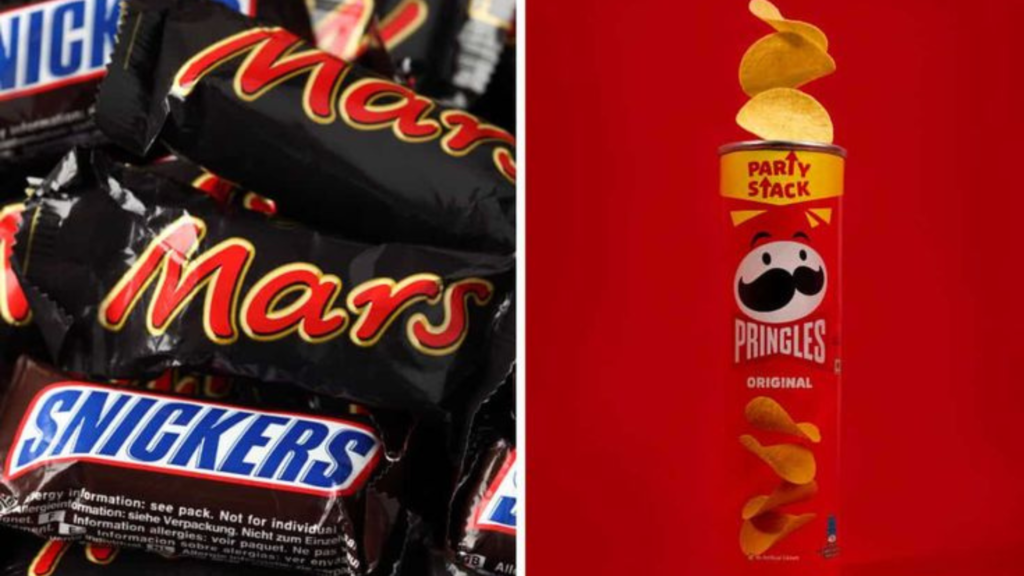
Despite these concerns, Kellanova CEO Steve Cahillane and Mars CEO Poul Weihrauch remain confident the deal will clear regulatory hurdles.
What Does the Acquisition Mean for Mars’ Competitors?
With Mars acquiring Kellanova, the snack industry will probably see more rivalry, forcing other businesses to innovate and broaden their product offerings. In response, rival companies can try to strengthen their market positions through mergers and acquisitions.
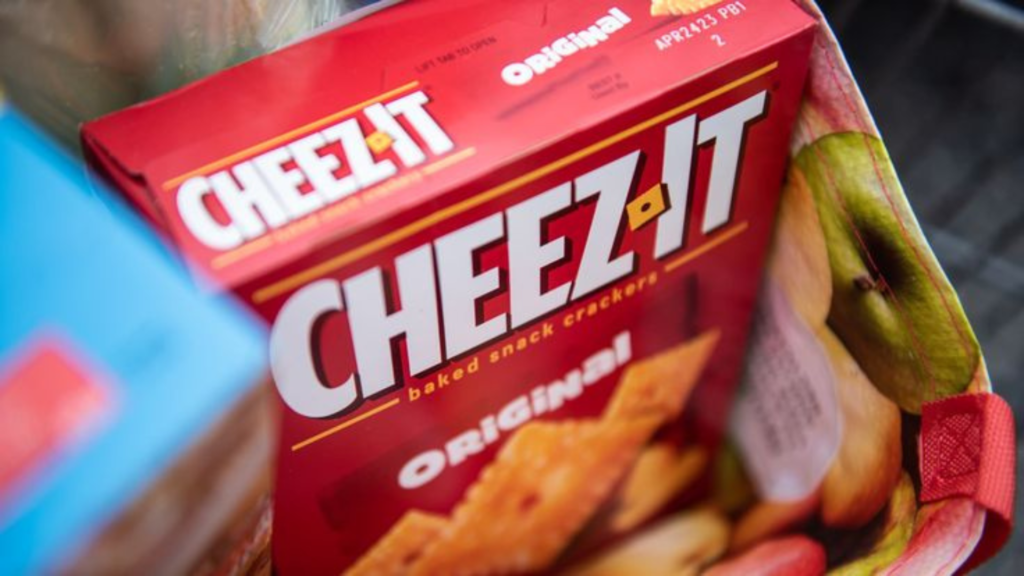
The acquisition also increases the stakes for smaller food businesses since they might find competing with a more prominent, more varied Mars harder. Ultimately, the acquisition might cause significant changes to the industry’s competitive landscape.
You Might Also Like:
Warren Buffett Makes a Curious Move With His Apple Stock Holding
Walmart Announces Price Reductions—But One Key Area Remains Unchanged
Costco Increases Membership Fees for the First Time Since 2017
Harris Introduces “Opportunity Economy” Focused on Reducing Food, Housing, and Family Costs
Jamie Dimon Advocates Using ‘Buffett Rule’ to Tax Millionaires and Address National Debt

